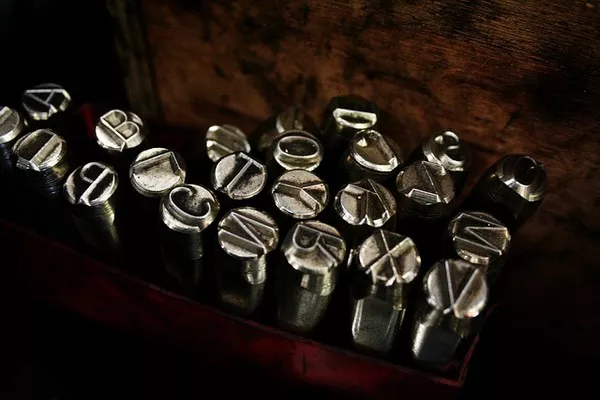Silver jewelry has long been cherished for its timeless beauty and elegance. However, in a market flooded with imitations, it becomes crucial to differentiate between genuine silver chains and mere replicas. By understanding key indicators and employing simple tests, one can confidently determine the authenticity of a silver chain. In this article, we will explore the characteristics of real silver, various testing methods, and essential tips to ensure you are purchasing a genuine silver chain.
Understanding the Properties of Silver:
Silver, a precious metal, possesses distinct characteristics that set it apart from other materials. Real silver is known for its lustrous, white color and high reflectivity. It is also a soft and malleable metal, making it easy to shape into intricate designs. Additionally, silver is a highly conductive material, meaning it quickly transfers heat and electricity.
Hallmarks and Stamps:
One of the most reliable ways to determine the authenticity of a silver chain is by examining its hallmarks or stamps. Legitimate silver jewelry often carries specific markings that indicate its purity and origin. In the United States, for example, the most common purity mark for silver is “925,” which signifies that the piece contains 92.5% pure silver. Other common marks include “Sterling,” “Ster,” or “925 Sterling Silver.” These hallmarks provide assurance of the chain’s authenticity and quality.
Conducting a Magnet Test:
A simple yet effective test to identify genuine silver is the magnet test. Silver is a non-magnetic metal, which means it won’t be attracted to a magnet. To perform this test, bring a small magnet close to the chain. If the chain is attracted to the magnet, it is likely made of a different metal alloy and not genuine silver. Keep in mind that some silver-plated chains may have a magnetic response due to the underlying base metal.
Acid Testing:
Acid testing is a widely used method to determine the purity of silver. It involves applying a drop of acid on a discreet area of the chain and observing the reaction. Acid testing kits are available, typically containing different acid solutions for various purity levels. The acid reacts differently depending on the silver content, producing color changes or dissolving the metal. However, it is important to note that acid testing can leave a mark on the chain, so it is advisable to perform this test on an inconspicuous area.
Nitric Acid Test:
A more specialized form of acid testing is the nitric acid test. Nitric acid is applied to the silver chain, and the reaction observed can indicate its authenticity. Genuine silver will exhibit a milky white color when in contact with nitric acid. However, caution must be exercised while handling nitric acid, as it is corrosive and should only be used by professionals or experienced individuals.
Rubbing Test:
The rubbing test is a simple and non-invasive method to gauge the authenticity of a silver chain. Take a white cloth and vigorously rub the chain for a few seconds. If black marks appear on the cloth, it indicates the presence of silver. Silver oxidizes over time, creating a tarnish that easily transfers onto the cloth. However, if no marks appear, it may suggest that the chain is not made of genuine silver.
Professional Appraisal:
For a definitive determination of a silver chain’s authenticity, seeking a professional appraisal is highly recommended. A certified jeweler or an appraiser with expertise in precious metals can examine the chain using various industry-standard tests and provide an accurate assessment. A professional appraisal not only confirms the authenticity of the silver chain but also offers insights into its quality, craftsmanship, and potential value.
SEE ALSO Why Buy Silver Eagles?
Conclusion:
In a market flooded with counterfeit jewelry, knowing how to discern genuine silver chains is essential for buyers seeking quality and value. By understanding the properties of silver, examining hallmarks, conducting tests like the magnet test, acid testing, and rubbing test, consumers can confidently identify real silver chains. When in doubt, seeking a professional appraisal from a qualified jeweler is always a wise choice.
Remember, investing in authentic silver jewelry ensures not only the aesthetic appeal but also the long-lasting value of your cherished pieces. By arming yourself with knowledge and employing these techniques, you can make informed decisions when purchasing silver chains while enjoying the timeless beauty and elegance they bring to your jewelry collection.


